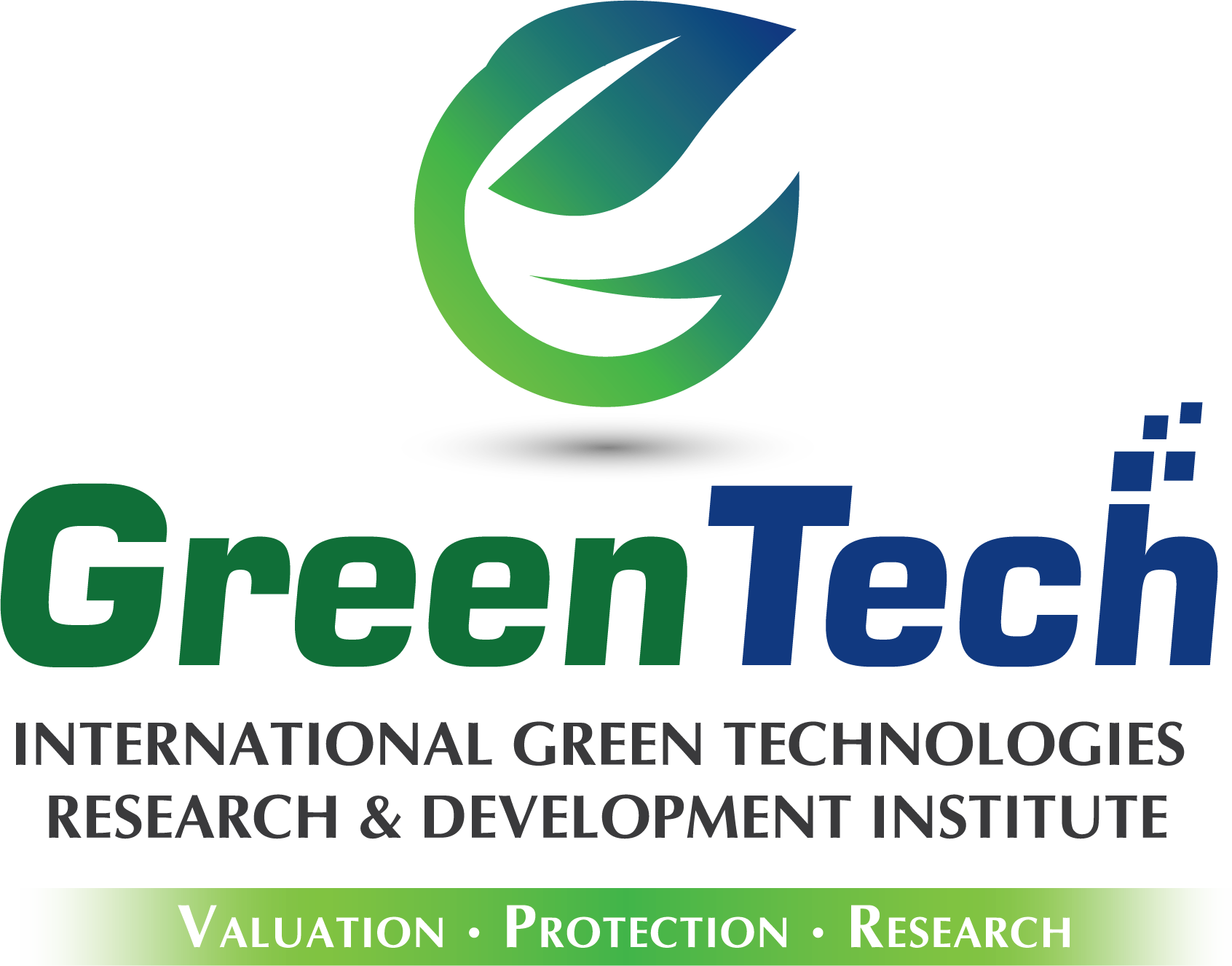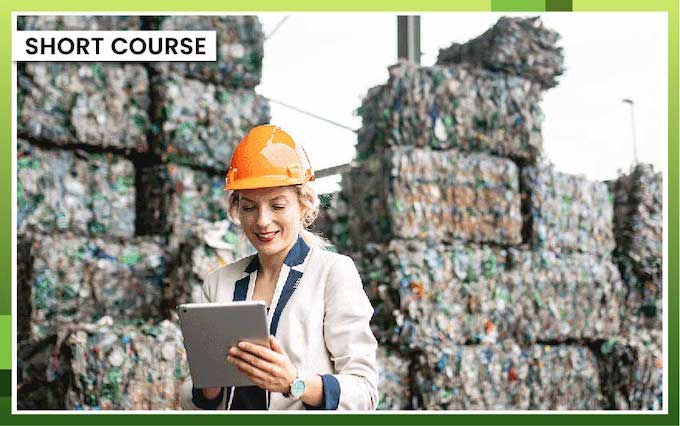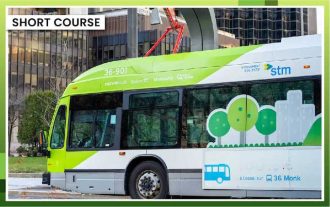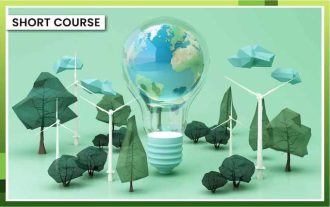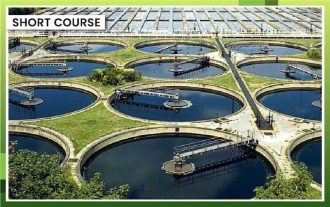Description
Delve into the dynamic field of waste management and recycling in this comprehensive course designed to equip participants with the knowledge and skills to minimize landfill waste and its impact on the environment. Explore innovative strategies, technologies, and best practices for waste reduction, recycling, and resource recovery. From waste stream characterization and sorting techniques to recycling processes and circular economy principles, each topic is explored in depth, providing participants with practical tools to tackle the global waste challenge.
Throughout this course, participants will engage with the following key topics:
- Waste Stream Analysis: Learn how to assess and characterize waste streams to identify opportunities for waste reduction and resource recovery.
- Recycling Methods and Technologies: Explore various recycling processes, including mechanical, chemical, and biological methods, to efficiently transform waste materials into valuable resources.
- Circular Economy Principles: Understand the principles of the circular economy and how they can be applied to minimize waste generation and promote sustainable resource use.
- Waste Segregation and Sorting Techniques: Gain insights into effective waste segregation and sorting methods, including manual and automated approaches, to optimize recycling efforts.
- Composting and Organic Waste Management: Explore the principles and practices of composting and organic waste management to harness the potential of organic waste for soil enrichment and nutrient recycling.
- Plastics Recycling: Examine the challenges and opportunities in plastic recycling, including mechanical and chemical recycling processes, and explore innovative solutions to address plastic waste.
- E-waste Management: Learn about the proper handling, recycling, and disposal of electronic waste to mitigate its environmental and health impacts.
- Waste Reduction Strategies: Explore waste minimization strategies, such as waste prevention, source separation, and product design, to reduce waste generation at its source.
- Waste-to-Energy Technologies: Gain an understanding of waste-to-energy technologies that can help convert waste into clean energy, such as anaerobic digestion and incineration with energy recovery.
- Regulatory Framework and Sustainable Policies: Examine waste management regulations and sustainable policies at local, regional, and international levels and their impact on waste reduction and recycling efforts.
Join this course to gain the knowledge and practical skills necessary to make a positive impact on waste management and recycling. By understanding the complexities of waste streams and applying innovative strategies, participants will contribute to a more sustainable and circular economy, mitigating environmental impacts and conserving valuable resources for future generations.
